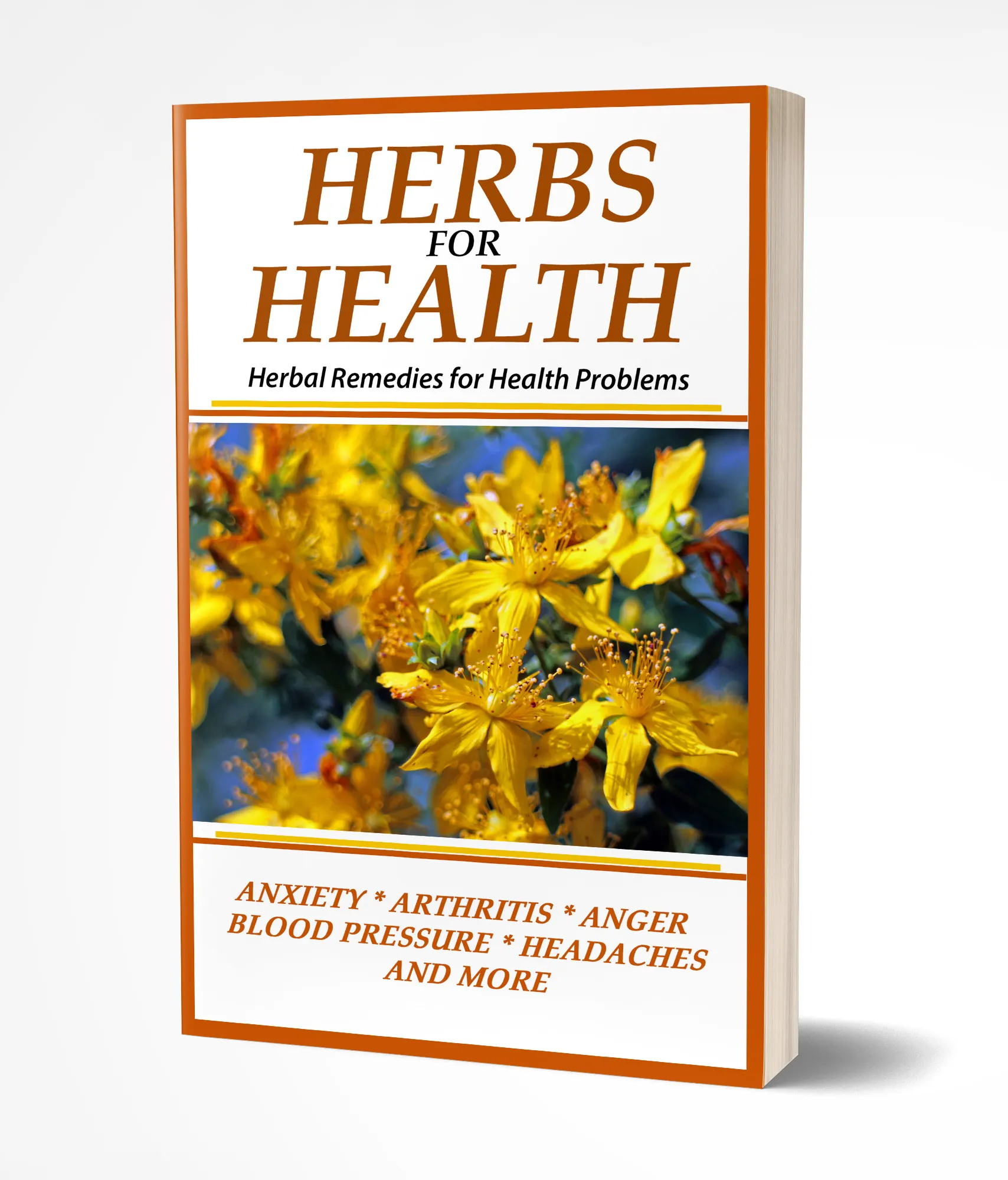Integrative medicine stands at the forefront of modern healthcare and this healthcare provider, offering a holistic approach to both preventing and treating chronic diseases that plague millions worldwide. In the face of formidable adversaries like heart disease, diabetes, cancer, and autoimmune disorders, integrative medicine presents a paradigm shift, acknowledging the intricate interplay of factors contributing to these ailments. Unlike conventional medical practices that often focus solely on alleviating physical symptoms, integrative medicine delves deeper, embracing a comprehensive understanding of health that encompasses not just the body, but also the mind and spirit.
Educational and research programs have increasingly underscored the pivotal role of integrative medicine in reshaping healthcare landscapes, highlighting its efficacy in enhancing patient outcomes and quality of life, by embracing a holistic framework that integrates the latest scientific advancements with age-old healing traditions, integrative medicine pioneers a new frontier in healthcare—one that prioritizes not only the eradication of disease but also the cultivation of vitality and resilience across the lifespan. As we unravel the complexities of chronic diseases, integrative medicine emerges as a beacon of hope, offering a compassionate and comprehensive approach to healing that honors the inherent interconnectedness of body, mind, and spirit.
Prevention of Chronic Diseases:
Lifestyle Modification:
Integrative medicine emphasizes lifestyle factors like nutrition, exercise, stress management, and sleep as crucial components of disease prevention. Patients are educated and empowered to make healthier choices in their daily lives.
Nutritional Guidance:
Integrative medicine practitioners provide personalized dietary recommendations based on a patient’s health status and individual needs. Nutritional interventions can help prevent and manage chronic conditions like diabetes and heart disease.
Stress Reduction:
Chronic stress is a risk factor for many diseases. Integrative approaches often incorporate stress reduction techniques such as mindfulness, meditation, and yoga to mitigate the impact of stress on health.
Environmental Toxins:
Integrative medicine considers environmental factors and toxins that may contribute to chronic diseases. Practitioners may recommend reducing exposure to harmful substances to prevent illness.
Genetic Risk Assessment:
Integrative medicine may use genetic testing to identify an individual’s genetic predisposition to certain chronic diseases. This information can guide preventive strategies.
Treatment of Chronic Diseases:
Better quality of life for the patients with chronic diseases:
Natural therapies like acupuncture, aromatherapy, apitherapy, ayurveda, chiropractic care, herbal medicine, homeopathy, massage therapy nutrition, TCM, etc., can help manage symptoms, improve quality of life, and reduce the side effects of conventional treatments.
Pain management:
Chronic pain is a common symptom of many chronic diseases. Integrative medicine offers various pain management techniques, including acupuncture, physical therapy, and mind-body practices, to reduce pain and improve function.
Chronic pain, described as pain lasting longer than three to six months, can be a debilitating condition with a significant socioeconomic impact. Although pharmacologic approaches are often used for alleviating chronic pain, recently, there has been a reluctance to prescribe opioids for chronic non-cancer pain because of concerns regarding tolerance, dependence, and addiction. Consequently, there has been an increased interest in integrative medicine strategies to help manage pain and reduce reliance on prescription opioids to manage pain.
In January 2021, a review was conducted using various resources regarding the effectiveness of alternative medicine in the treatment of chronic pain. The following was found – The outcome measures included the change in the degree of pain, quality of life before and after the intervention, and side effects. These outcomes were measured using various pain scales by different evaluators. These pain scales were typically measured on a range to assess pain levels. Studies that showed a decrease in pain scales were included. In total, 15 out of 27 articles were selected for the review based on the inclusion and exclusion criteria.
Mind-Body Medicine:
Mental and emotional well-being is integral to managing chronic diseases. Techniques like meditation, biofeedback, and cognitive-behavioral therapy can help patients cope with stress, anxiety, and depression associated with chronic conditions.
Nutritional Support:
Integrative medicine employs individualized nutrition plans to support the management of chronic diseases. For example, dietary changes may be recommended for diabetes, autoimmune disorders, or inflammatory conditions.
Holistic Care:
Integrative medicine treats the whole person, not just the disease. It addresses not only physical symptoms but also emotional, social, and spiritual aspects of a patient’s well-being. This holistic approach can improve the overall quality of life for individuals with chronic diseases.
Patient-Centred Care:
Integrative medicine encourages active patient participation in treatment decisions, fostering a sense of empowerment and self-care. Patients are often motivated to make healthier lifestyle choices and adhere to treatment plans.
In conclusion, integrative medicine stands as a beacon of hope in the realm of healthcare, offering a holistic approach that embraces the entirety of human experience. By acknowledging the intricate interplay between physical, emotional, and environmental factors, it transcends the limitations of conventional practices to provide a more profound understanding and treatment of chronic diseases. Through its patient-centered approach, integrative medicine not only seeks to alleviate symptoms but also empowers individuals to take an active role in their own well-being. As we continue to navigate the complexities of healthcare, the integration of these diverse modalities promises to pave the way towards a future where healing is comprehensive, compassionate, and truly transformative.
The post The Role of Integrative Medicine in Chronic Pain Management appeared first on Heal How.






